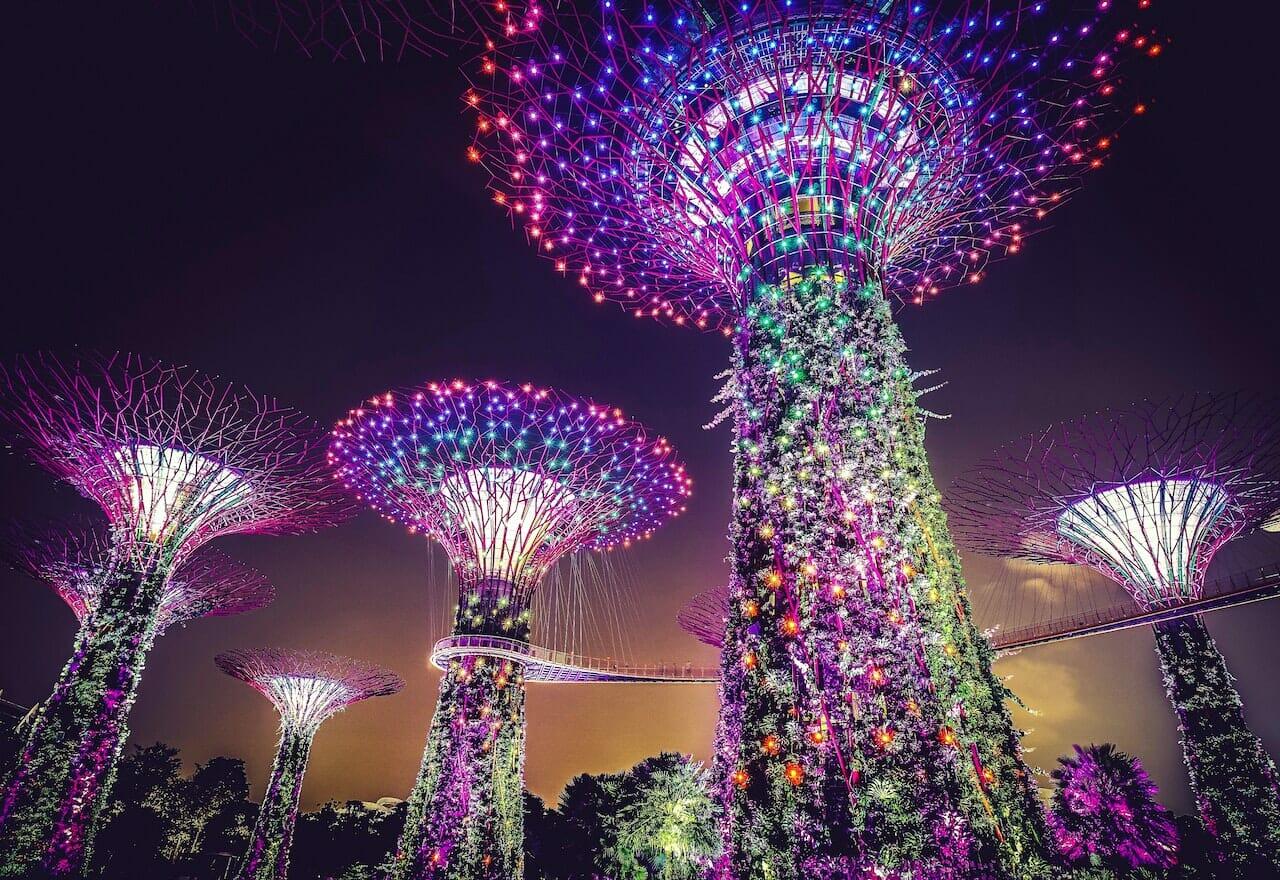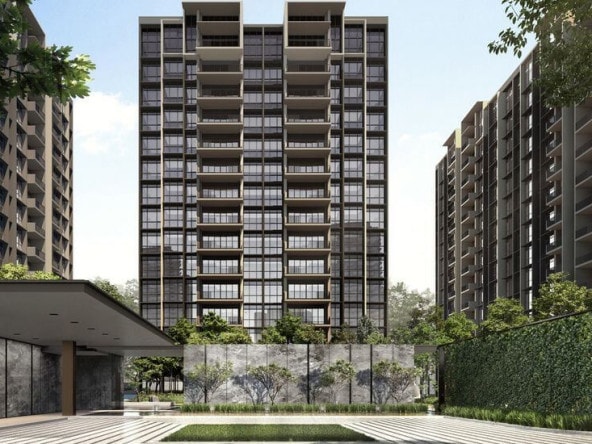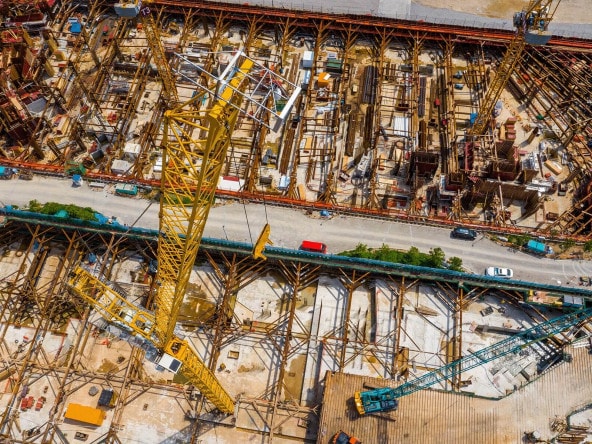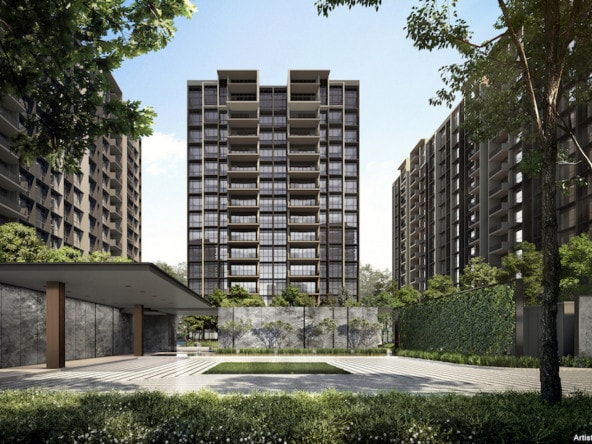Condo rules in Singapore vary from one property developer to another, but most common things in a condo are the same across the board.
That’s because most developers have similar rules and regulations dictated by their respective condominium associations.
These common points and standards have been established so that you know what’s expected when renting out your unit, without being bogged down with too many details.
Read on to find out more about what it means to rent or buy a condo in Singapore, as well as what is required of you, the rental applicant.
Rental Requirements
The first thing you should know as a potential tenant is the rental requirements. These are not only necessary for your own safety, but also to maintain the property so everyone can live in peace and harmony.
Some of these requirements may be different depending on whether you are renting or buying a unit. But let’s take a look at the most common ones.
You need to be at least 18 years old to rent out your condo. You must also have a bank account in Singapore, a work permit, and proof of ID when applying for the tenancy agreement.
If you’re renting out your place, remember that all members of your household must also be on the lease agreement, unless it’s just you renting it out to someone else.
Condo rules and by-laws
For more details about requirements, please refer to the Conditions below:
– Owner’s Occupancy Statement: The owner shall occupy the unit as his residence until such time he has vacated or sold it;
– Tenancy Agreement: All persons occupying and using any condominium premises shall be required to enter into a written tenancy agreement with the condominium management association; – Renting Persons Statement: The person(s) who rent out any condo premises shall provide information about himself/herself together with his/her occupation(s) and income status(es);
– Security Deposit: A security deposit will be collected from each tenant for damage caused by him/her or other tenants within the premises;
The by-laws set out in the Second Schedule of the Building Maintenance (Strata Management) Regulations are compulsory and mainly deal with:
– Noise
– Parking of vehicles
– Obstruction of common property
– Damage to lawn, trees, shrubs and other plants
– Alteration or damage to common property
– Behaviour of owners and residents
– Children playing on common property
– Behaviour of visitors
– Depositing rubbish and unwanted items on the common property
– Drying of laundry
– Cleaning windows
– Storage of flammable liquids
– Garbage disposal
– Keeping of animals
– Change of use of lot
– Prevention of fire and other hazards
Buying a Condo in Singapore
There are some rules to buying a condo in Singapore. While the purchase of your home is private, you will be required to pay a lien on the property. This means that if you sell your property, the developer will have first dibs on any profit made from that sale.
As for the actual application process, it’s pretty straight forward. You just need to fill out an application form and submit it along with 2 sets of ID, copy of passport, copies of personal bank statements over the past 3 months and proof of payment for your deposit.
If all goes well, you will receive an approval within 2 weeks and then proceed to sign an agreement with your chosen developer.
Common Features in a Condo Unit
One of the most common features in a condo unit is the shared swimming pool. Depending on the unit, it could be either open to all residents or reserved only for those who have purchased the appropriate insurance policy.
Many units also come with their own car parks and gardens, so you can enjoy a bit of green around your property.
Other points of interest include fitness centers, parking spaces, and clubhouses. These are among the services that are provided by your respective condominium association.
For example, some properties provide convenient access to a private car park and an underground shopping mall while others offer free laundry service as well as transportation from public areas like MRT stations and bus stops within a certain radius of your property.
Important Information About a Condo Unit
First and foremost, it’s important to know that not all condos are the same. Most of these rules have been established by the developer of a particular condo project, so you should check with your property agent or ask your housing developer if they have any special condo-specific rules.
The most common condo rules include:
– Requiring you to sign an agreement before renting/buying a unit.
– Requiring you to register with the condominium association within 14 days of taking up occupancy.
– Setting out specific guidelines for noise levels and tenant behaviour.
– Setting out guidelines for pets on the premises.
– Setting out guidelines for parking on site, as well as how long and where cars can be parked overnight.
– Providing a notice period which sets out when a tenant must vacate the property at the end of their tenancy agreement.
Not All condominiums are created equal
When you’re looking for your next place to live, you want to find a condo that has what you are looking for. But before buying a condo, it is important to know that not all condominiums are created equal.
There are certain things that each developer has in common, but they also vary depending on the type of property they’re developing and the standards they want their property to uphold.
Some developers may want their condos to be more family-friendly with an easy access lifestyle park or swimming pool. Others may have properties that are more business-oriented with facilities such as banks and recreation centers. The developer will dictate how these facilities work in terms of hours of operation and availability.
Where to buy a condo in Singapore?
First things first: You need to know where you want to buy a condo. With over 110,000 condos in Singapore according to the Urban Redevelopment Authority, it’s not hard to find one that fits your needs. You can search for condos on the websites of real estate developers and numerous property portals like Property Finder.
If you’re looking for a place that has high-end amenities and is close enough to work and play, an executive condominium (EC) is a great option. ECs are typically apartments with high-end amenities such as gyms, pools, lounges, personalised interiors, etc.
Helpful Websites for Finding an Apartment in Singapore
Before you start your apartment search, make sure you’re looking in the right place. There are a lot of things to consider before moving into an apartment, so it pays to know where to start.
To get started, check out these websites for finding a rental or sale:
1) PropertyGuru: was one of the earliest property portals in Singapore. It started in 2007, back when the only way to find a property was through The Straits Times classified ads.
2) 99 : has developed a business model providing both sale and rental listings in the residential housing and condo market. Their agents pay to list properties, and in return, have access to use the map-based search which promises relevant and high quality listings. This makes it easier for customers to find what they’re looking for without having to worry about low quality or irrelevant listings.
3) SRX : which was once better known among agents for its drone view, property valuation and analysis tools.
5) iProperty: is a popular search portal across Asia.
Conclusion
The key is to find a condo with the right requirements and features that best suits your needs. When you find the right condo, you’ll have peace of mind knowing it’ll be a great place to call home.




